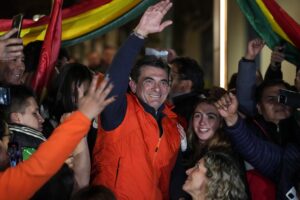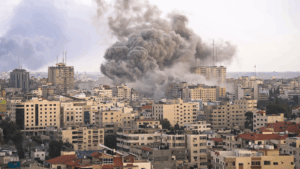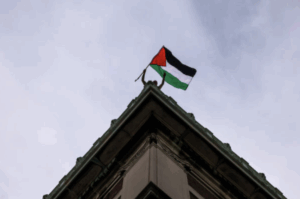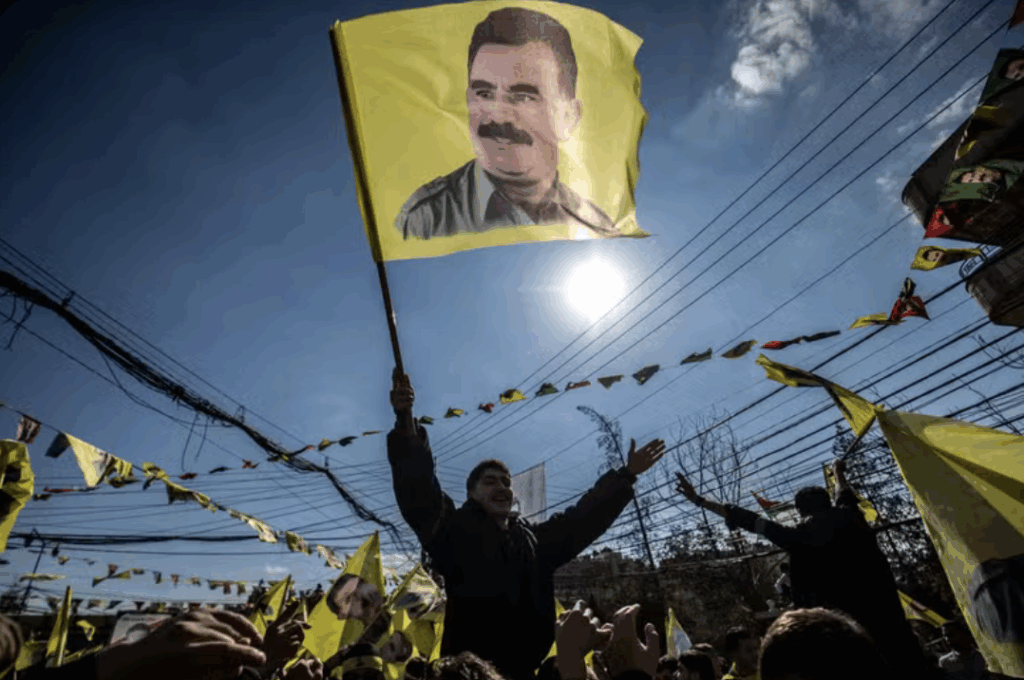Founded in 1979 by Abdullah Öcalan, the PKK set itself the goal of creating an independent Kurdish state, based on a Marxist-Leninist ideology. Since 1984, the group has led a guerrilla war against the Turkish government. The conflict has killed over 40,000 people, mostly Kurds, and forced millions to flee their homes. Considered a terrorist organisation by Turkey, the United States and the European Union, the PKK has long been the target of large-scale military operations, particularly in Iraqi Kurdistan, where it has established bases.
Reasons for the dissolution
The dissolution of the PKK is part of a political evolution that began several years ago, marked by the desire to favour a political and democratic solution to the Kurdish question. In his appeal of 27 February 2025, Abdullah Öcalan considered that the armed struggle had reached its limits and that it was now possible to seek a peaceful resolution through institutional politics. This position was endorsed by the 12th PKK Congress, which decided to dissolve the party’s organisational structure and end the armed struggle.
A number of reactions
The PKK’s decision elicited mixed reactions. On the Turkish government side, the ruling party welcomed an « important step towards the goal of a Turkey free of terrorism », while insisting on the need to implement the decision in concrete terms. In the Kurdish regions, the announcement raised hopes of a return to normality for civilians, particularly in Iraqi Kurdistan, where Turkish military operations have caused a great deal of displacement and suffering. However, uncertainties persist as to the continuation of the Turkish military presence in these areas, even after the official end of the PKK.
For the Kurdish community, the dissolution of the PKK opens up a period of uncertainty: while it could put an end to decades of conflict, its concrete consequences for the future of the Kurdish movement, both in Turkey and abroad, remain unclear. Some fear that the end of the armed struggle will not be enough to guarantee the political and cultural rights of the Kurds, while others see it as a historic opportunity to relaunch dialogue and achieve progress by peaceful means.
The future of the Kurdish movement without the PKK
The dissolution of the PKK represents the culmination of a long political process, but it does not settle the Kurdish question in Turkey and the region. The future will depend on the ability of the Turkish authorities to engage in a genuine process of reconciliation and to recognise the fundamental rights of the Kurdish population. For many, the end of the PKK’s armed struggle is just one step towards a lasting peace and a democratic solution to a conflict that has left its mark on the contemporary history of the Middle East.










